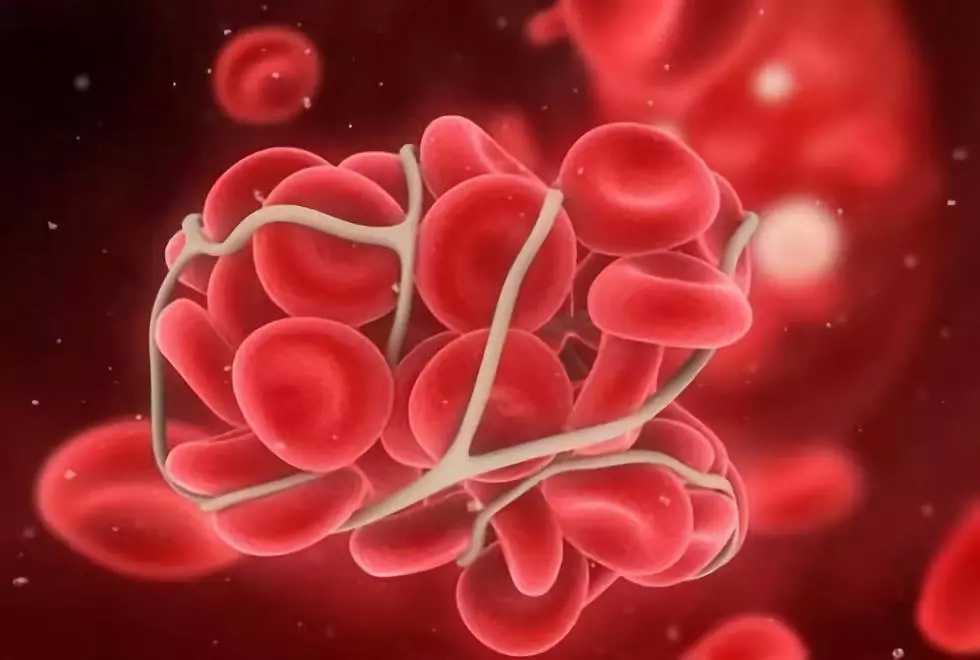Blood occupies a very important position in the human body, and it is very dangerous if poor coagulation occurs. Once the skin breaks in any position, it will cause continuous blood flow, unable to coagulate and heal, which will bring life-threatening to the patient and must be treated in a timely manner. So, how to treat coagulopathy? Generally, there are three ways to address coagulation disorders.

1. Blood transfusion or surgery
Coagulation disorders are caused by the lack of coagulation factors in the patient's body, and it is necessary to find a way to supplement this substance, such as increasing the concentration of coagulation factors by transfusion of fresh plasma, so that the patient's hemostatic function can be restored, which is a good coagulopathy treatment method. However, patients with severe bleeding require surgical repair, followed by cryoprecipitation, prothrombin complex concentrate and other treatments.
2. The use of antidiuretic hormone therapy
To better treat coagulation disorders, patients also need medication to regulate the internal conditions of the body. The commonly used drug at present is DDAVP, which has antidiuretic effect and can act as a better storage factor VIII in the body, mainly for mild patients; this drug can be added intravenously at high concentrations with normal saline or nasal drops, and the dosage and Concentrations should be tailored to the specific conditions of the patient.
3. Hemostatic treatment
Many patients may have bleeding symptoms, and it is necessary to stop the bleeding treatment, usually with an antifibrinolytic-related drug; especially in the case of tooth extraction or oral bleeding, this drug can be used to help stop the bleeding quickly. There are also drugs, such as aminotoluic acid and hemostatic acid, that can be used to treat the disease, which is one of the ways to deal with coagulopathy.
Above, are three solutions for coagulopathy. In addition, patients should avoid activities during treatment and preferably stay in bed for a period of time. If there are symptoms such as repeated bleeding, it can be fixed by compression with an ice pack or bandage according to the specific location of the disease. After the bleeding area is swollen, you can perform appropriate activities and eat a light diet.


 Business card
Business card Chinese WeChat
Chinese WeChat English WeChat
English WeChat